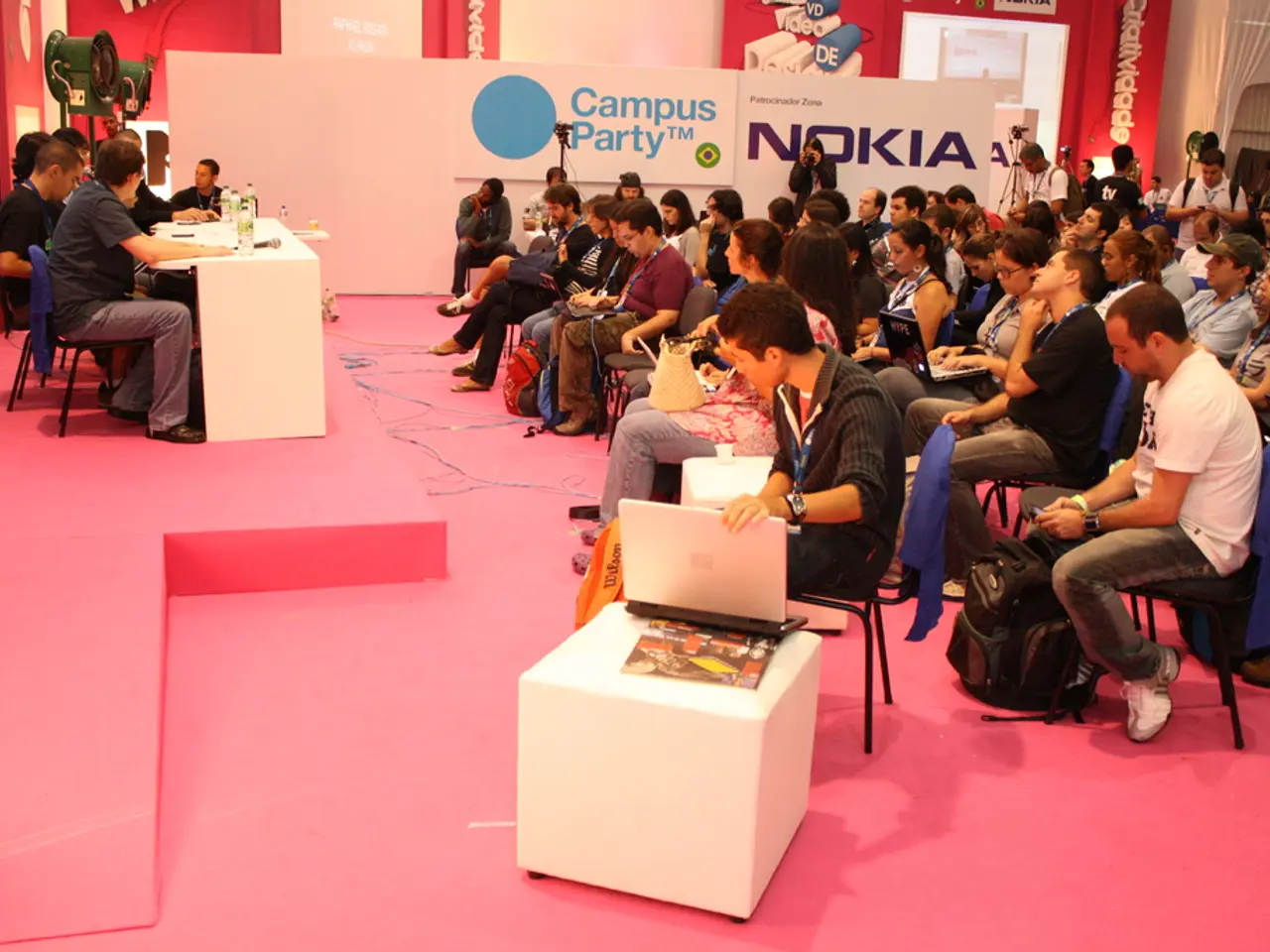Trump Postpones Increase in China Tariffs due to Purchase of Russian Oil Following Meeting with Putin
In the recent diplomatic landscape, US-Russia negotiations to end the war in Ukraine have hit a roadblock. According to various reports, Russian President Vladimir Putin is not seriously engaging in the peace process and continues to pursue maximal war aims, rather than meaningful concessions to halt aggression.
The impasse was highlighted during a summit on August 15, 2025, in Anchorage, Alaska, between former US President Donald Trump and Putin. Despite the meeting going well, as stated by Trump, no ceasefire deal was reached. Instead, Russian demands for territorial annexations in Donbas and Ukrainian cession of Crimea were put forth.
Following this, Ukrainian President Volodymyr Zelenskyy met with Trump and European leaders in Washington, DC, on August 18. Zelenskyy sought US support for direct peace talks with Putin, receiving backing without pressure to concede territory. However, no substantive peace agreement or Russian de-escalation resulted from these discussions.
Regarding tariff decisions by President Trump, there is no direct indication that tariffs on Chinese goods or Russian oil have materially influenced the current state of US-Russia negotiations on Ukraine. Instead, Putin appeared hopeful that Trump’s 2025 presidency would create a "light at the end of the tunnel" for US-Russia relations, with an economic engagement approach favored by Trump but without significant concessions from Russia on Ukraine.
China, meanwhile, has defended its imports of Russian oil as lawful and necessary for its energy security. The specific details of the points agreed upon by Trump and Putin during their meeting were not disclosed.
Interestingly, Trump is holding off on raising tariffs on Chinese goods due to progress made with Putin regarding the war in Ukraine. However, it remains unclear whether this decision will lead to a breakthrough in the ongoing negotiations.
As of August 2025, US-Russia peace negotiations on Ukraine are effectively at an impasse, with Russia’s war objectives prevailing despite ongoing diplomatic engagements involving the Trump administration. Putin remains unwilling to pursue serious peace negotiations and uses US bilateral talks to seek concessions unrelated to ending the war.
- The ongoing peace negotiations between the US and Russia concerning the war in Ukraine have remained at an impasse, with the focus shifting to economic engagements.
- Despite the meeting between former President Trump and Putin in Anchorage, no significant breakthrough was achieved in terms of ending the Ukrainian conflict.
- In the face of ongoing war objectives, Russian President Vladimir Putin continues to prioritize maximalist war aims over meaningful concessions to halt aggression.
- Chinese imports of Russian oil, crucial for China's energy security, have been defended as lawful, while the specific details of the agreement between Trump and Putin remain undisclosed.
- The US economy, in addition to general news, politics, policy-and-legislation, business, and subscription news, has been influenced by trade negotiations and tariff decisions, but there is no evidence that tariffs on Chinese goods or Russian oil have directly impacted the current state of US-Russia relations regarding Ukraine.
- Trump's decision to hold off on raising tariffs on Chinese goods is linked to progress made with Putin on the Ukrainian conflict, but whether this move will lead to a breakthrough in the negotiations remains unclear.





